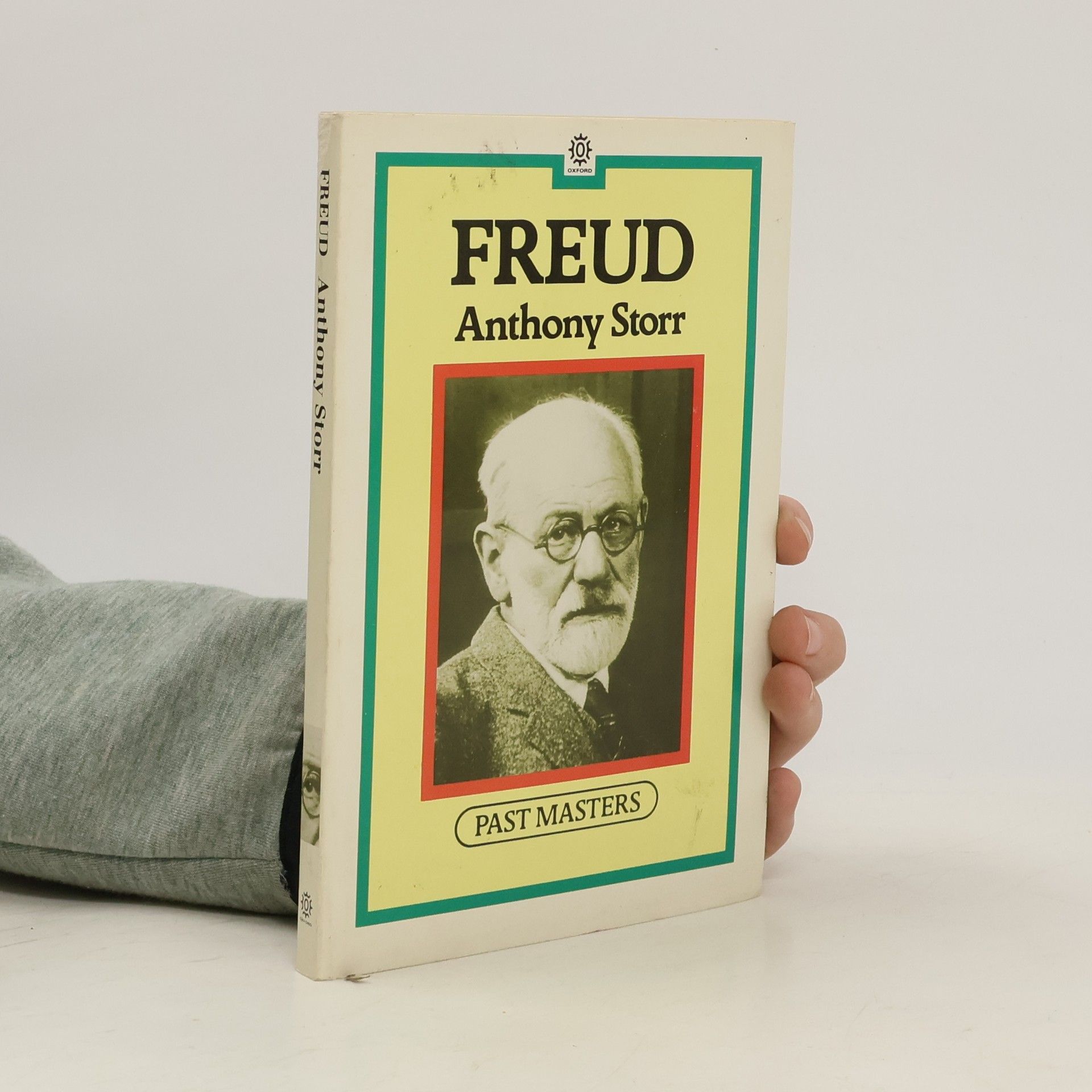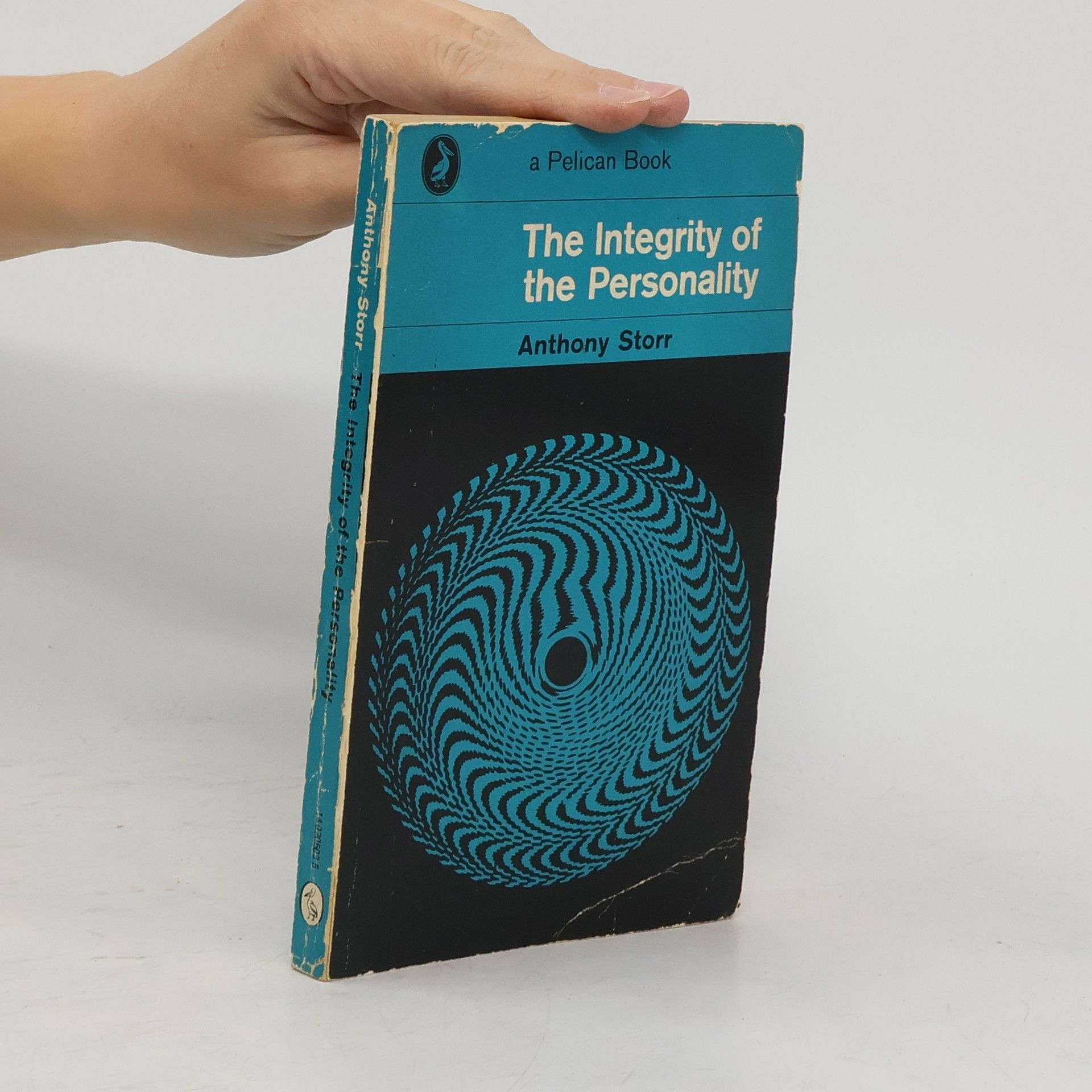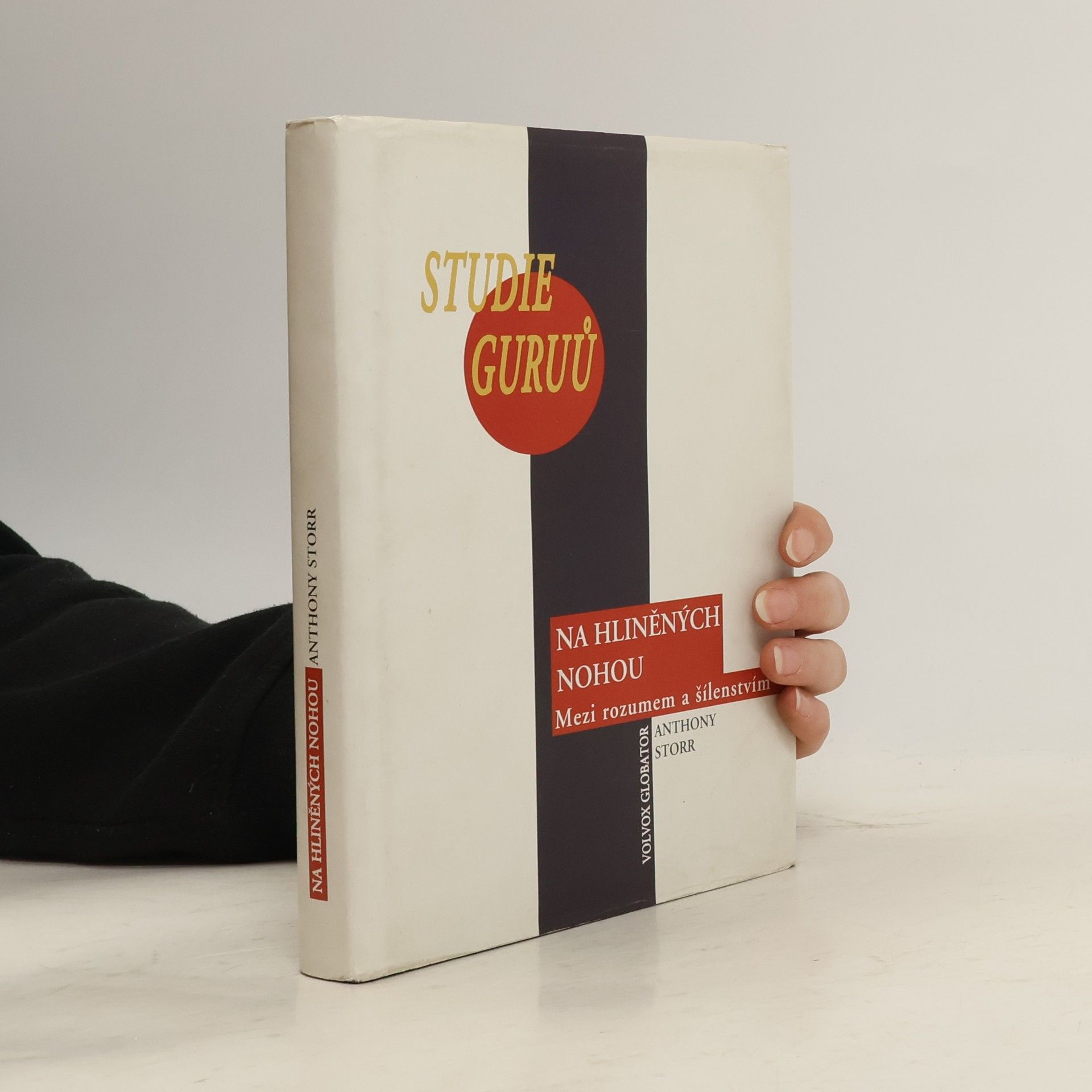Jung's writing is the key to understanding 20th century psychology, psychiatry and psychoanalysis. This collection of his writings clearly presents him in his own words and in precis.
Anthony Storr Libri
Anthony Storr è stato uno psichiatra e autore inglese, rinomato per i suoi acuti ritratti psicoanalitici di figure storiche. Il suo lavoro attinge profondamente alla sua comprensione della sofferenza umana, permettendogli di addentrarsi nella psiche degli individui con profonda empatia. Lo stile di scrittura di Storr è sia gentile che penetrante, offrendo ai lettori una finestra unica sulle motivazioni e le lotte interiori di coloro che ha esaminato. I suoi scritti sono apprezzati per la loro acutezza psicologica e il loro valore letterario.

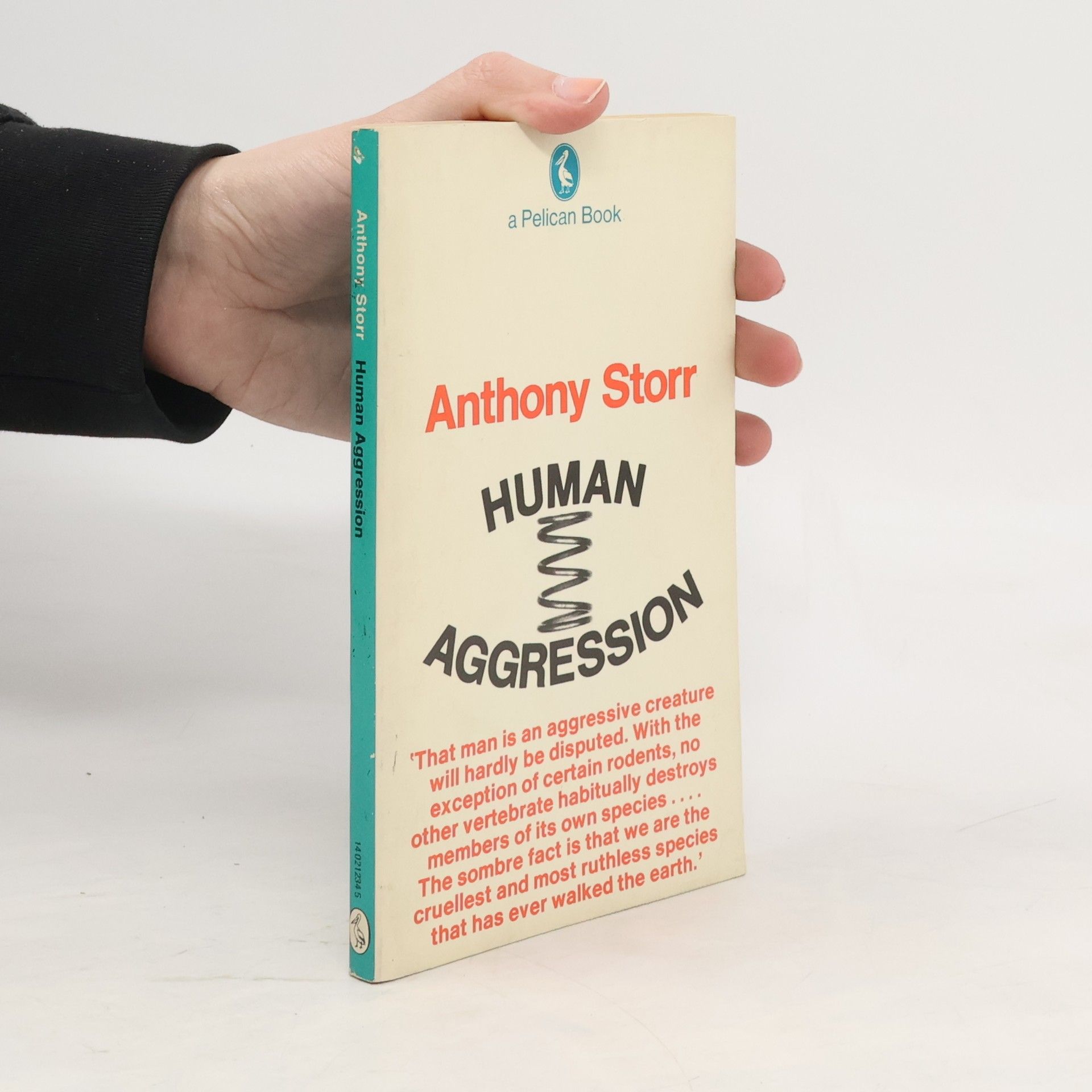


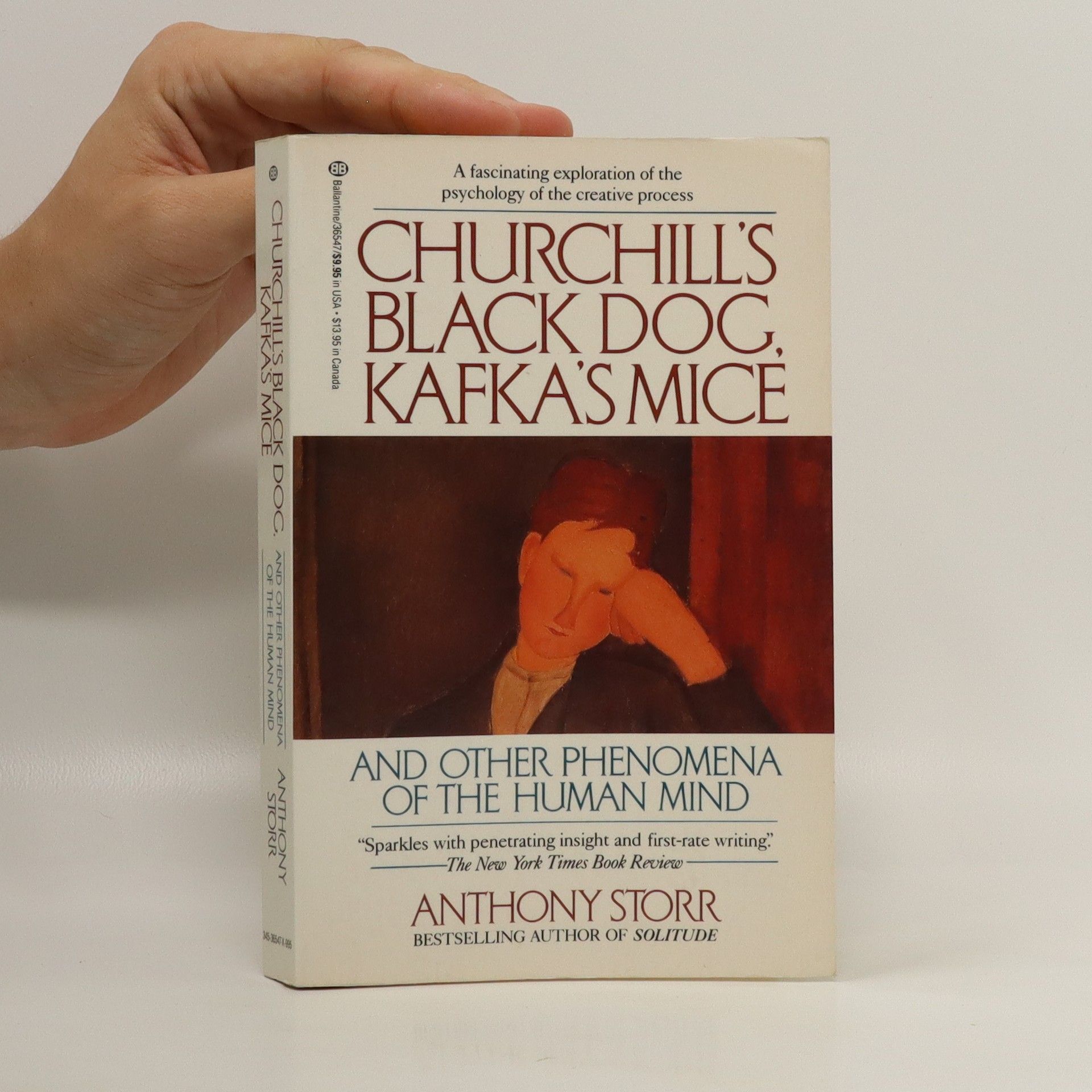

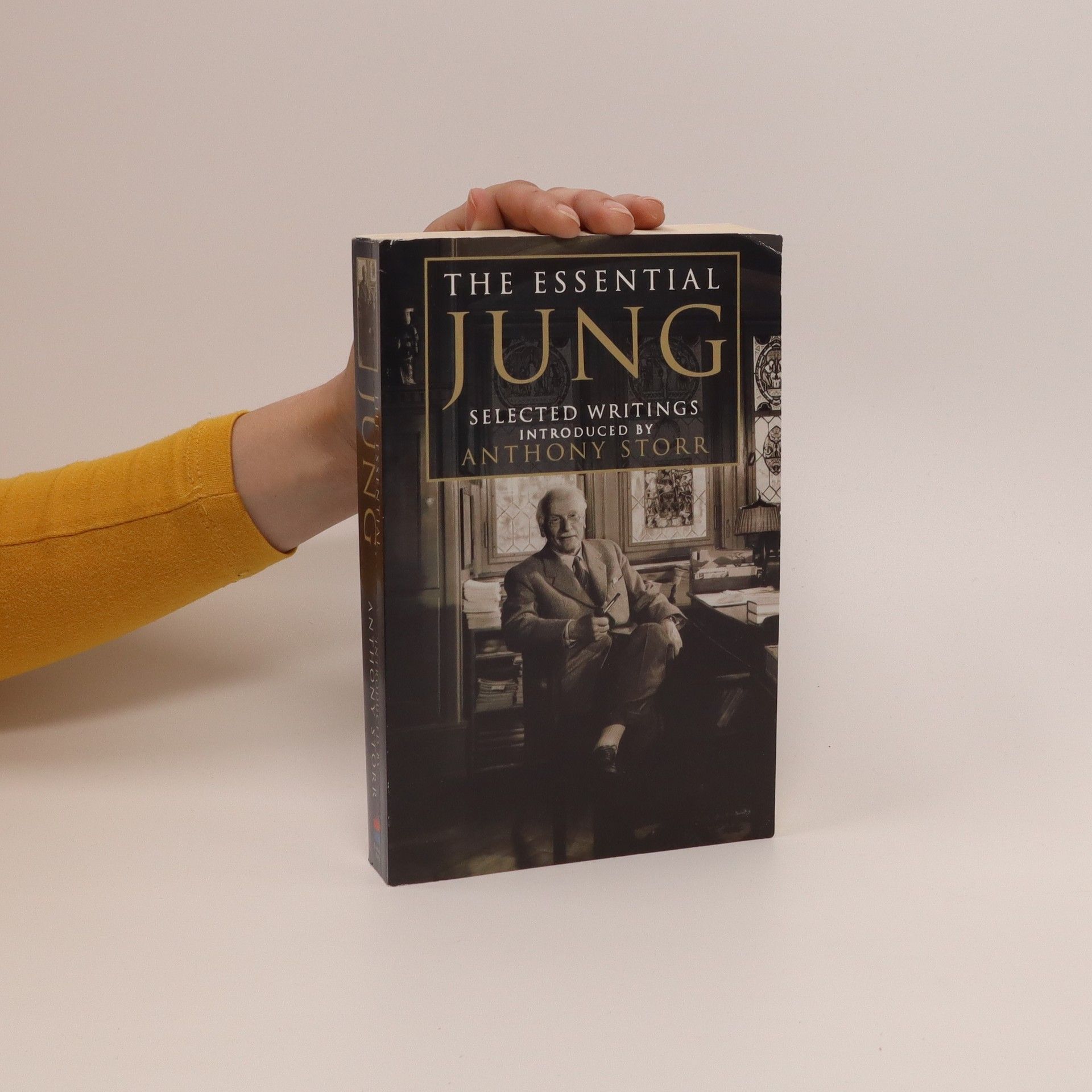
The Art of Psychotherapy
- 220pagine
- 8 ore di lettura
Storr’s The Art of Psychotherapy appeared in 1979 and became an instant classic. After Storr’s death, a third edition was rewritten and revised by Jeremy Holmes, and the fourth edition is a further up-to-date iteration.
Churchill's black dog, Kafka's mice and other phenomena of the human mind
- 310pagine
- 11 ore di lettura
This title collects the essays of one of England's best-known and most distinguished psychiatrists. Storr weighs and tests Freud's theory that creativity is the result of dissatisfaction by examining the impulses which drove Kafka, Newton and Churchill.
Solitude
- 240pagine
- 9 ore di lettura
The author disagrees with the view that only intimate relationships can provide mental and personal satisfaction arguing that solitude has restorative powers.
First Published in 1991. Routledge is an imprint of Taylor & Francis, an informa company.
Freud
- 144pagine
- 6 ore di lettura
On the 50th anniversary of Freud's death, Anthony Storr looks at his major theories, evaluating whether they have stood the test of time. In the process he also examines Freud himself in the light of his own ideas.
Aby člověk pochopil, kdo je to guru, a porozuměl mu, musí být připraven zvážit otázku, kde leží hranice mezi racionalitou a šílenstvím, mezi tzv. zdravým rozumem a bláznovstvím. Autor se zabývá tématem iluze a víry i jezuity a Ježíšem. Pojednává o velkých duchovních vůdcích, hnutích, kultech i charitativních organizacích, zamýšlí se nad osobnostmi, jako byl Gurdjieff, Jung, Freud, Steiner a mnoho dalších.
